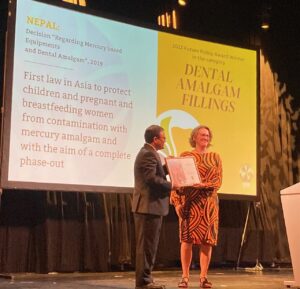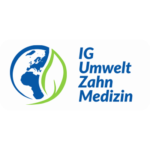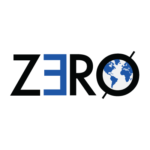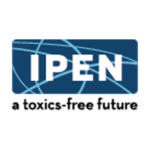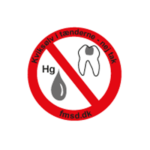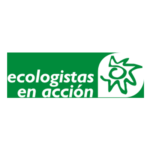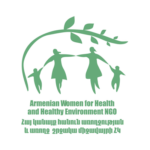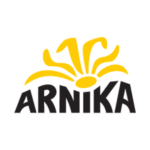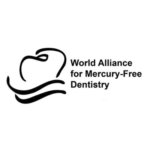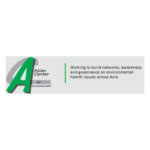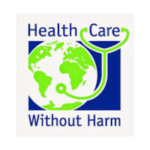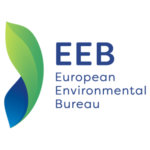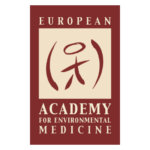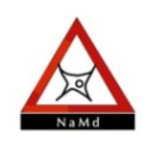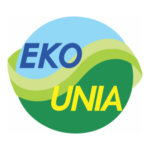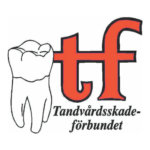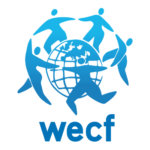Nominated by the EnvMed Network, the Nepalese Policy on Dental Amalgam was honoured with the Future Policy Award 2023 during a high-level award ceremony in context of the 5th International Conference on Chemicals Management (ICCM5) in Bonn, Germany.
Also known as the Oscar on best policies, the award recognises laws that promote better living conditions for current and future generations. Each year, a policy field is selected in which innovative solutions are particularly important. In 2023, the prize is dedicated to policies for a pollution free world, regulating the use of hazardous chemicals in products, with a focus on children and their environment
The Nepali law was honoured with the award as it is the first in Asia to ban the use of dental amalgam fillings for children under 15 years and pregnant and nursing women while aiming at a complete phase out as soon as possible. Dental amalgam consists of approximately 50% mercury, a heavy metal toxic to the nervous, digestive, and immune systems, especially for developing children. Thanks to the law, most Nepali dentists have now shifted to alternatives like glass ionomer cement, significantly reducing the risk of mercury intoxication for both patients and dentistry staff.
The Regulation on the Control and Management of Mercury and Mercury Compounds 2020 in Tanzania also made it onto the shortlist.
Tanzania’s law tackles the very present problem of mercury pollution in the country which affects people and the environment alike. One of the biggest sources of mercury pollution is small-scale gold mining which in turn receives part of its supplies through the dentistry sector. By removing dental amalgam from the Central Medical Store Department’s procurement list and prohibiting the use of mercury for dentistry in bulk form, this supply route is cut off. So besides directly protecting children under 15 and pregnant and nursing women, the law also aims to reduce contamination of the environment, drinking water and soils with mercury. Despite extremely limited resources, the law is thus a splendid example for other African countries in similar situations.
“As a society, we are confronted with a multitude of crises, namely climate change, biodiversity loss, and pollution. To exacerbate the issue of pollution, harmful substances are incorporated into nearly all the products we rely on in our everyday lives, including dental amalgam fillings designed for our youngest members. It is crucial that we approach this matter with great seriousness and, above all, prioritize the protection of children from these harmful substances”, said Alexandra Wandel, Chair of the Management Board of the World Future Council.
The award ceremony was livestreamed on the World Future Council’s YouTube channel.
The award has been organised by the World Future Council Foundation since 2009 and this year the World Future Council is working with the United Nations Institute for Training and Research (UNITAR) as well as the German Federal Ministry for the Environment, Nature Conservation, Nuclear Safety and Consumer Protection (BMUV) and the Federal Environment Agency (UBA) , to highlight policies for a toxic-free world that regulate the use of hazardous chemicals in products, with a focus on children and their environment.
Source: World Future Council

